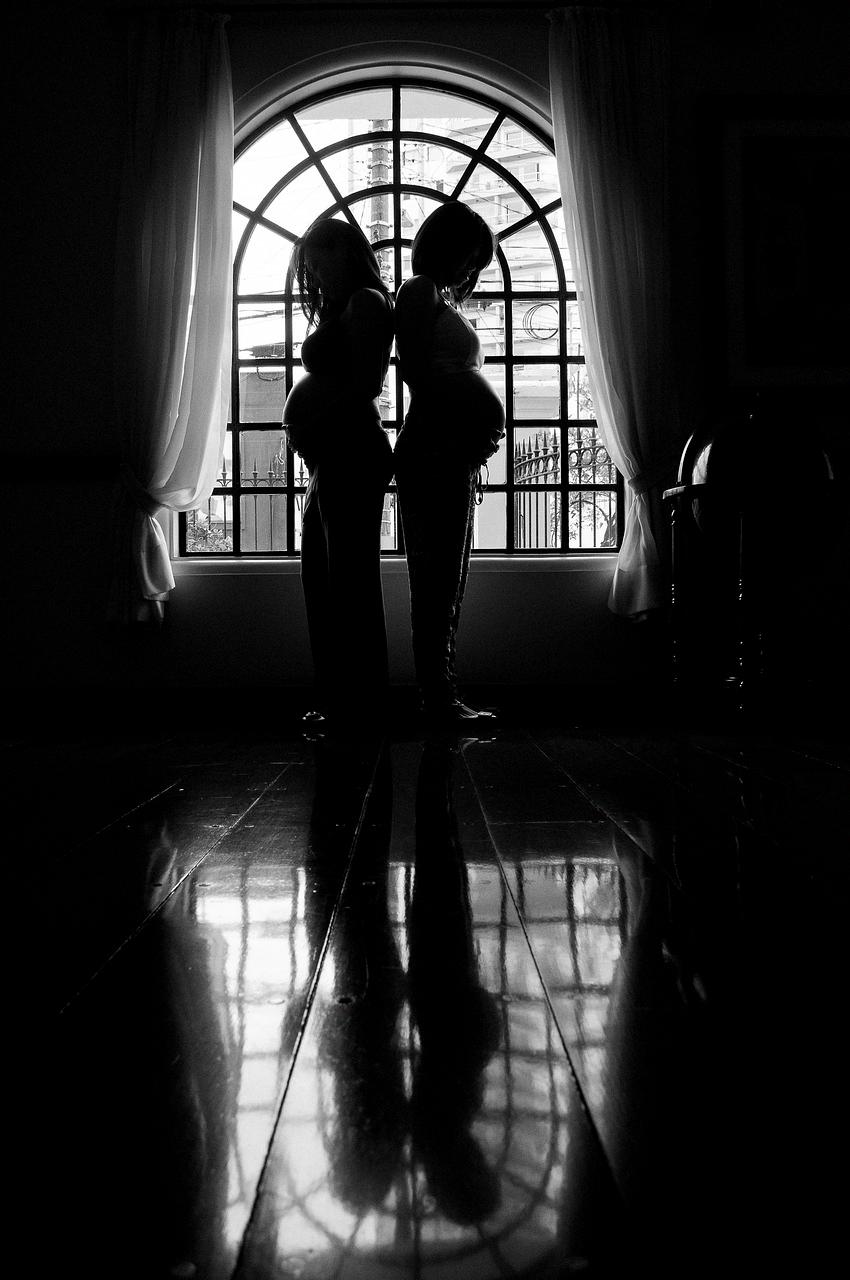Spotting, a light bleeding that can occur when a fertilized egg attaches to the uterine lining, can often leave women wondering whether they should take a pregnancy test or not. While spotting can be a sign of early pregnancy, it does not necessarily indicate pregnancy in all cases. So, should you take a pregnancy test if you see spotting? Let’s delve deeper into this question.
First and foremost, it’s essential to understand that spotting can have various causes. It can occur due to implantation, which happens around 6-12 days after conception. Implantation spotting is usually light and short-lived. However, spotting can also occur for reasons unrelated to pregnancy, such as hormonal changes, ovulation, or even stress.
Now, the timing of taking a pregnancy test after spotting is crucial. It’s generally recommended to wait a few days after experiencing implantation spotting before taking a pregnancy test. This waiting period allows your body to produce detectable levels of hCG (human chorionic gonadotropin), the pregnancy hormone that home pregnancy tests detect.
For the most accurate results, it is advisable to wait until your period is due before taking a home pregnancy test. Testing too early may result in a false negative, as the hCG levels may not be high enough to be detected by the test. By waiting until your period is late, you increase the likelihood of obtaining an accurate result.
If you cannot wait until your period is due and decide to take a pregnancy test after spotting, keep in mind that the results may not be definitive. In such cases, it is recommended to retest after a few days or consult with a healthcare provider for further evaluation.
It’s important to note that not all home pregnancy tests are created equal. Some tests are more sensitive and can detect lower levels of hCG earlier than others. If you suspect you may be pregnant after experiencing spotting, consider using a highly sensitive test for potentially more accurate results.
Additionally, if you continue to experience spotting along with other symptoms of pregnancy, such as fatigue, breast tenderness, or nausea, it may be a good idea to follow up with a healthcare provider for a thorough evaluation. They can offer further testing, such as a blood test, to confirm pregnancy.
In conclusion, while spotting can sometimes be an early sign of pregnancy, it is not a definitive indicator on its own. If you see spotting and are unsure whether to take a pregnancy test, waiting until your period is due for the most accurate results is recommended. If in doubt, consulting with a healthcare provider can provide clarity and guidance on the next steps to take.

